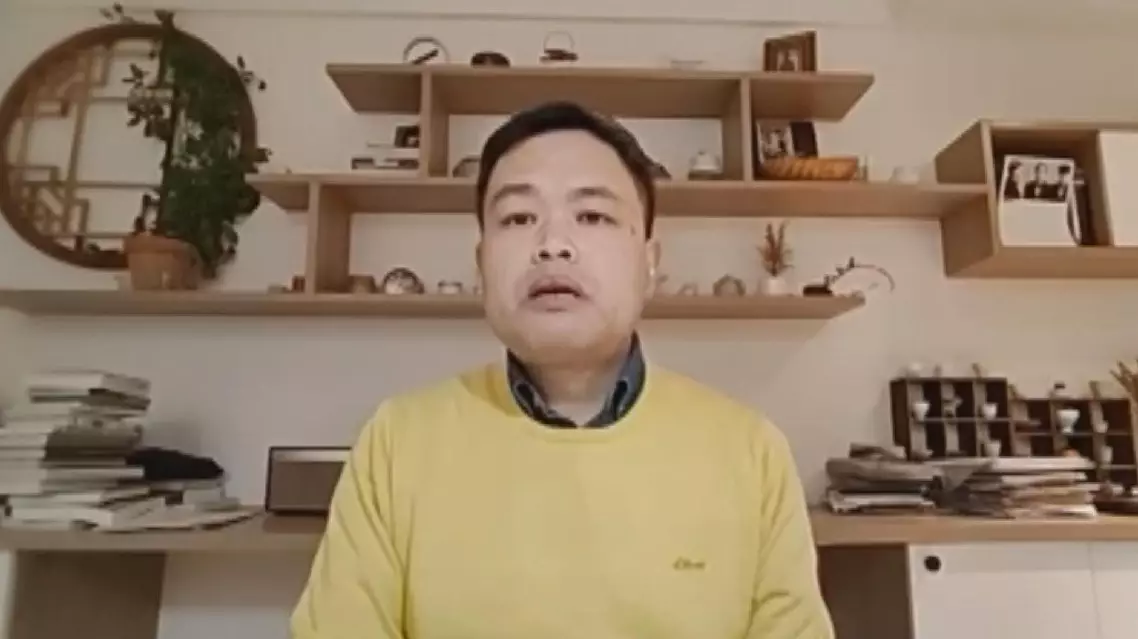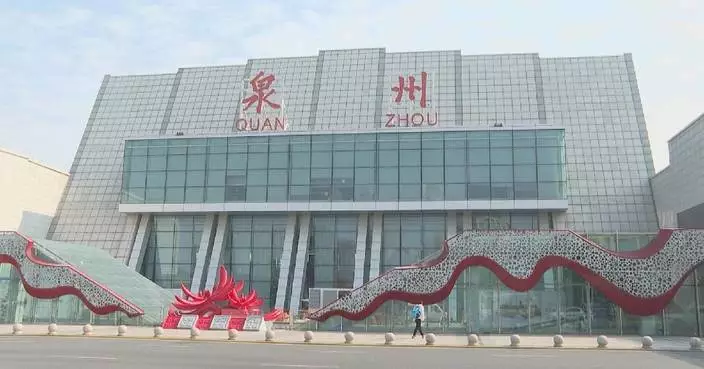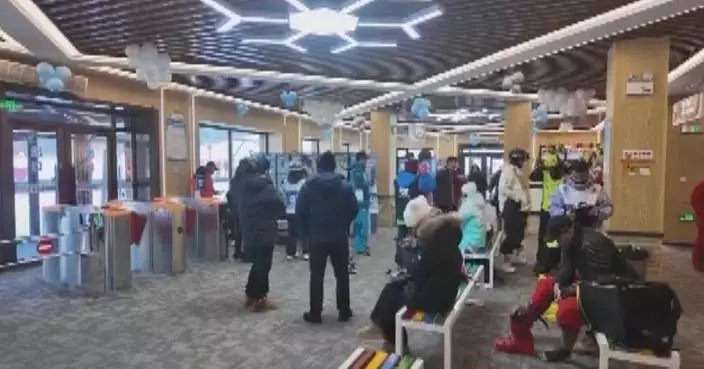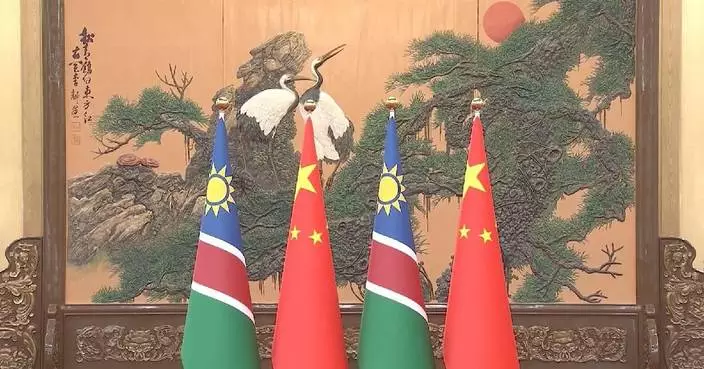Although winter sets in, the Xishuangbanna Dai Autonomous Prefecture in warmer southwest China's Yunnan Province has remained a top destination for tourists seeking pleasant weather and stunning natural vistas, with many visitors staying on as seasonal residents.
With an average temperature of 21.8 degrees Celsius, winter in Xishuangbanna is warm and pleasant, which makes it one of the best destinations for people to escape from the coldness in most parts of China.
At the beginning of 2025, Jino Ethnic Minority Township in Xishuangbanna's Jinghong City, with its 94 percent forest coverage, attracted numerous visitors from across China. Some were first-time tourists, while others returned for the season, much like migratory birds, to enjoy the region's warm climate.
To enhance the tourism experience, the region has rolled out 22 new trekking routes through its rain forests.
"Some routes cater to families, while others focus on educational experiences based on traditional villages, each with its unique charm," said Mu Layou, president of the outdoor sports association of Jinghong City.
The Wanjing community in Jinghong now has nearly 20,000 residents, with 90 percent of them coming from outside the region. The majority of these new residents are middle-aged or elderly people.
"Life here is fulfilling. Every morning, I practice Tai Chi. At noon, we sing together, and in the evening, we dance," said Li Yanping, a seasonal resident from north China's Tianjin Municipality.
To better serve long-term visitors, the community has developed a "15-minute living circle", featuring amenities like a canteen, supermarkets, and a community center, all within a 15-minute walk. Healthcare services have also been improved to meet the needs of those residents.
Data show that Xishuangbanna attracted over 300,000 seasonal residents in 2024, accounting for more than 20 percent of the local population.
In Jinghong, nearly 80 percent of property purchases in the first 10 months of 2024 were made by out-of-town buyers. Meanwhile, sectors like care homes and homestays have experienced rapid growth.
"Another trend is the influx of younger seasonal residents, particularly digital nomads and influencers, who are increasingly selecting this place for their temporary stay," said Jiang Jie, deputy director of Xishuangbanna Culture and Tourism Bureau.
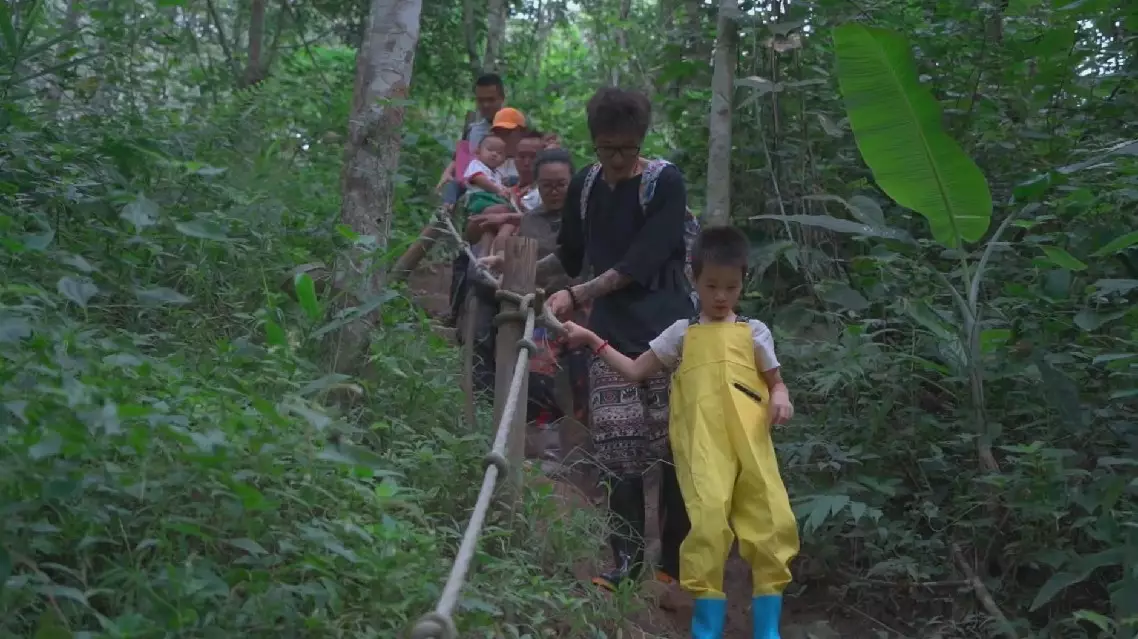
Warmer southwest China region attractive to tourists despite winter setting in
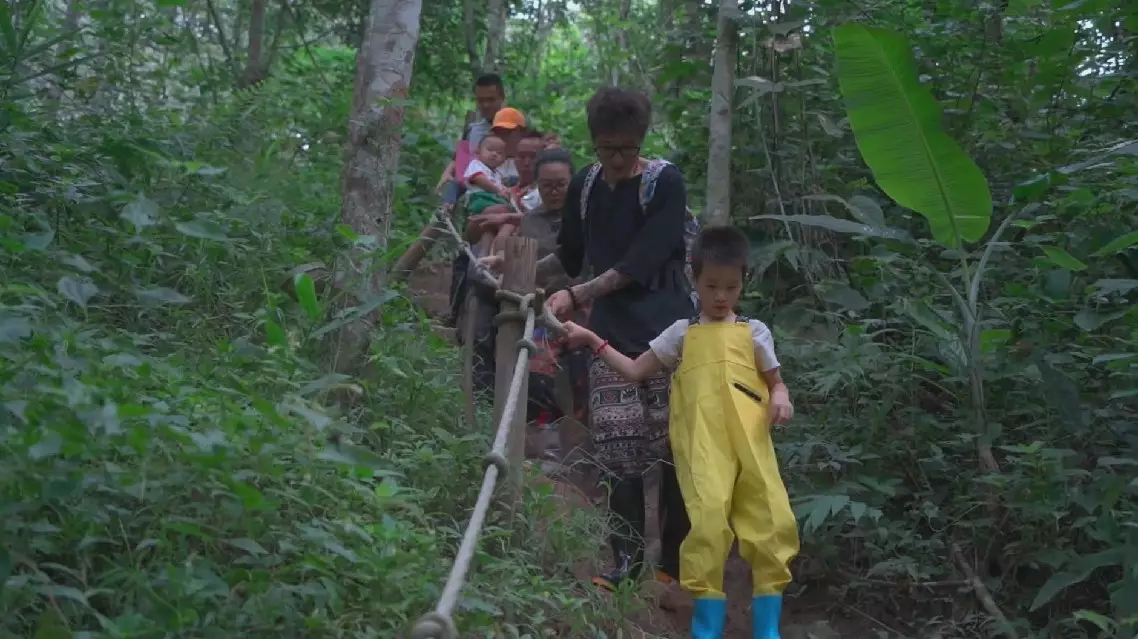
Warmer southwest China region attractive to tourists despite winter setting in


